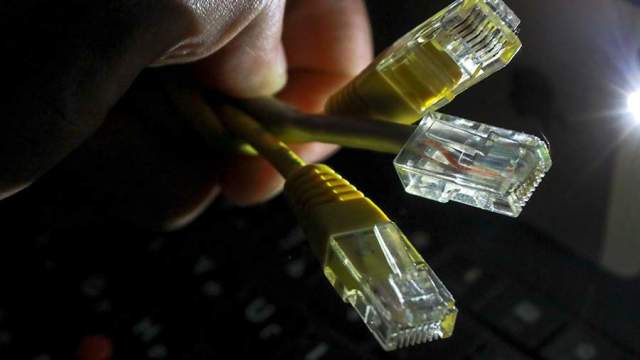Russian cosmonauts Oleg Novitsky and Pyotr Dubrov were unable to connect an Ethernet cable to the Nauka module, NASA reported on Saturday, September 4, in a broadcast.
"Novitsky and Dubrov are curtailing their activity and are preparing to return to the Search ,they will transfer the connection of the Ethernet cable to the Nauka module to the next spacewalk," the announcer said during the broadcast.
Earlier, on September 3, a representative of the MCC during negotiations with the crew suggested that the Russian cosmonauts refuse to install handrails 4200 and 4320 on the Nauka module due to lack of time, this was reported in the broadcast of Roscosmos. In addition, he recommended Novitsky and Dubrov for the same reason not to photograph parts of the connectors and not to install Biorisk-MSN containers. However, Dubrov insisted on installing handrails, since it would be more difficult to work without them in the future.
On that day, Russian cosmonauts Oleg Novitsky and Pyotr Dubrov connected the Russian module "Science" to the American power supply on the ISS. They also had to mount the swing handrails and connect an Ethernet cable to the Nauka module for 7 hours of work in outer space.
The next spacewalk of astronauts is scheduled for September 9.
On August 25, Novitsky said that Russian cosmonauts on the International Space Station will go into outer space about 10 times before the end of 2022 to integrate and retrofit the Russian Nauka and Prichal modules.
He said that after the docking of the" Science " with the ISS, the astronauts will have "a lot of work to retrofit this module." In particular, the connection of cables of the power supply system and the Ethernet network.
The Nauka module was launched from the Baikonur Cosmodrome on July 21, and docked to the ISS on July 29. Novitsky informed the specialists of the Mission Control Center near Moscow about the unplanned engines of the module. Soon the astronauts managed to turn them off.
To eliminate the loss of orientation of the ISS, it was necessary to turn on the engines of the Zvezda module and the Progress MS-17 cargo ship docked to the Poisk module.

